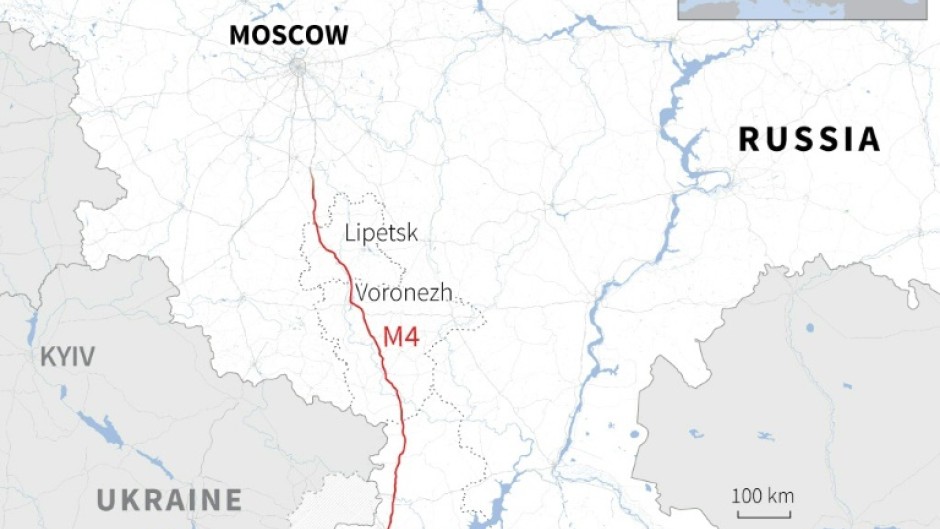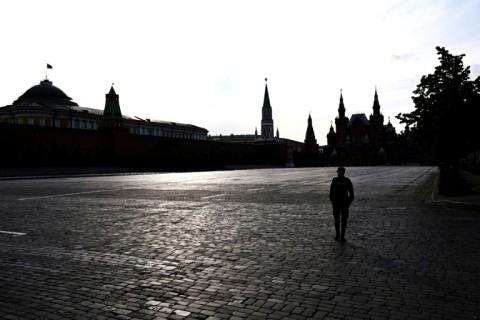
MOSCOW - Moscow was striving Monday to portray a return to business as usual after a weekend mutiny by mercenary troops threatened Kremlin chief Vladimir Putin's grip on power.
Defence Minister Sergei Shoigu, one of the main targets of Wagner warlord Yevgeny Prigozhin's revolt, appeared on state television inspecting troops in Ukraine.
Officials in Moscow and in the Voronezh region south of the capital lifted "anti-terrorist" emergency security measures imposed to protect the capital from rebel assault.
Putin himself has yet to appear in public since the revolt ended, and Prigozhin was last seen on Saturday leaving the southern city of Rostov-on-Don in an armed Wagner convoy.
Moscow mayor Sergei Sobyanin proclaimed the situation in the city "stable", and thanked Muscovites for their "calm and understanding" during the crisis.
On Saturday, with Wagner columns bearing down on the capital and clashing with regular forces in Voronezh, bordering Ukraine, a "counter-terrorist" regime had been ordered.
- 'Moving forward' -
Russia's operation in Ukraine continued through the crisis, however, as Shoigu -- whom Prigozhin had threatened to overthrow -- was at pains to demonstrate.
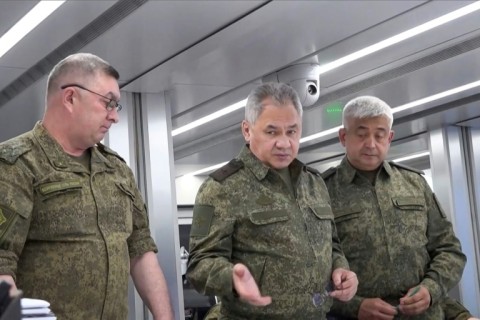
On Monday, he appeared on state television visiting a Russian command bunker in Ukraine and flying in a helicopter to inspect troops battling an Ukrainian counteroffensive.
During the meeting, the minister highlighted "great efficiency in the detection and destruction" of Ukraine's weapons systems and soldiers, the ministry of defence said.
Ukrainian military leaders, however, insisted they were making progress in a multi-direction offensive targeting Russian lines in the south and east of the country.
"We are knocking the enemy out of his positions on the flanks of the city of Bakhmut," ground force commander Oleksandr Syrskyi said.
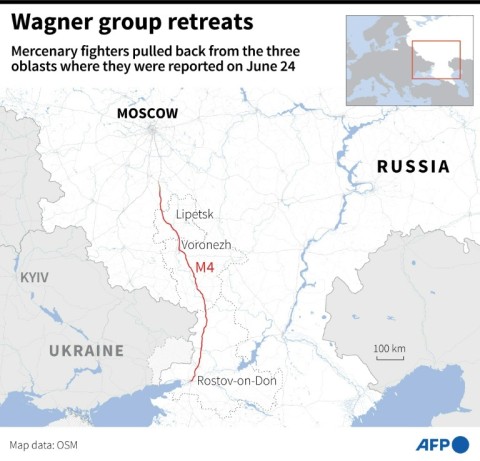
"Ukraine is regaining its territory. We are moving forward," he said.
Deputy defence minister Ganna Malyar said Ukraine had recaptured 17 square kilometres of ground in the past week, bringing the total for June's offensive to 130.
The wine-growing and salt-mining city of Bakhmut, in Ukraine's eastern region of Donbas, was captured in May by Russian forces led by Prighozin's private army.
The victory was short-lived, however.
With the Wagner chief feuding with Shoigu and Russian commander General Valery Gerasimov, Ukraine launched a counteroffensive.
The Western allies -- who are backing Ukraine with modern weaponry, training and cash -- see Putin's grip on power weakened by both Wagner's revolt and the operation in Ukraine.
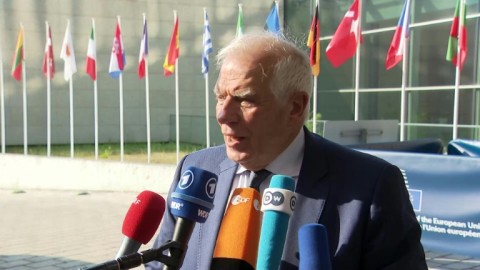
The EU's foreign policy chief, Josep Borrell, opened a meeting of European foreign ministers in Luxembourg by declaring that the crisis was undermining the Kremlin's power.
"What has happened during this weekend shows that the war against Ukraine is cracking Russian power and affecting its political system," he said.
Prigozhin was last seen late Saturday in an SUV leaving Rostov-on-Don, where his fighters had seized a military headquarters, the nerve centre of the operation in Ukraine.
He was cheered by some local people, and some shook his hand through the car window. Trucks carrying armoured vehicles with fighters on them followed his car.
- 'International order' -
His withdrawal came after Moscow announced that a deal had been struck for Prigozhin to go into exile in Belarus and for his men to receive an amnesty.
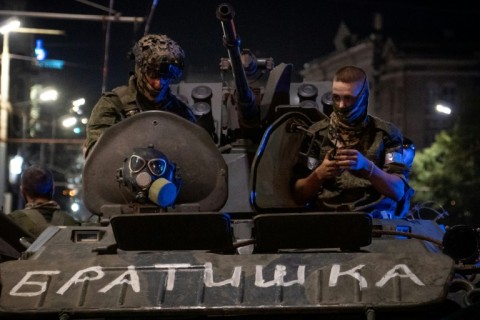
Ukrainian leader Volodymyr Zelensky and US President Joe Biden discussed the revolt on Sunday, ahead of a NATO summit in Lithuania next month.
"The world must put pressure on Russia until international order is restored," Zelensky said on Twitter, adding that he had again asked for "long-range weapons" for Ukraine.

